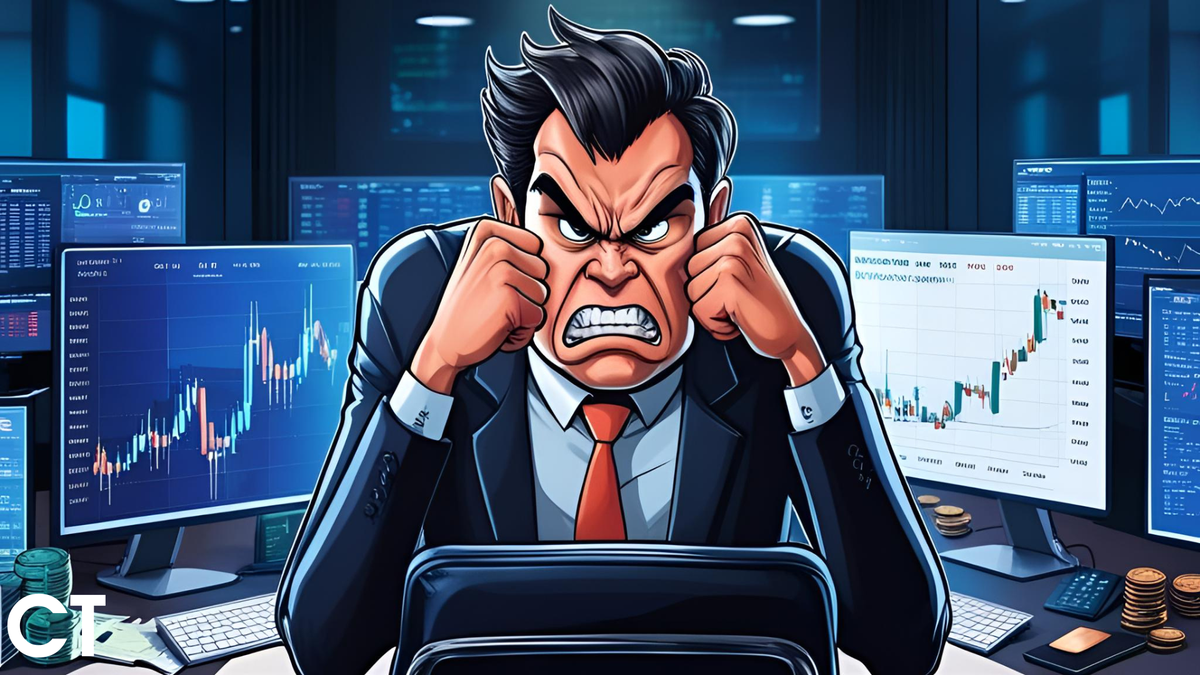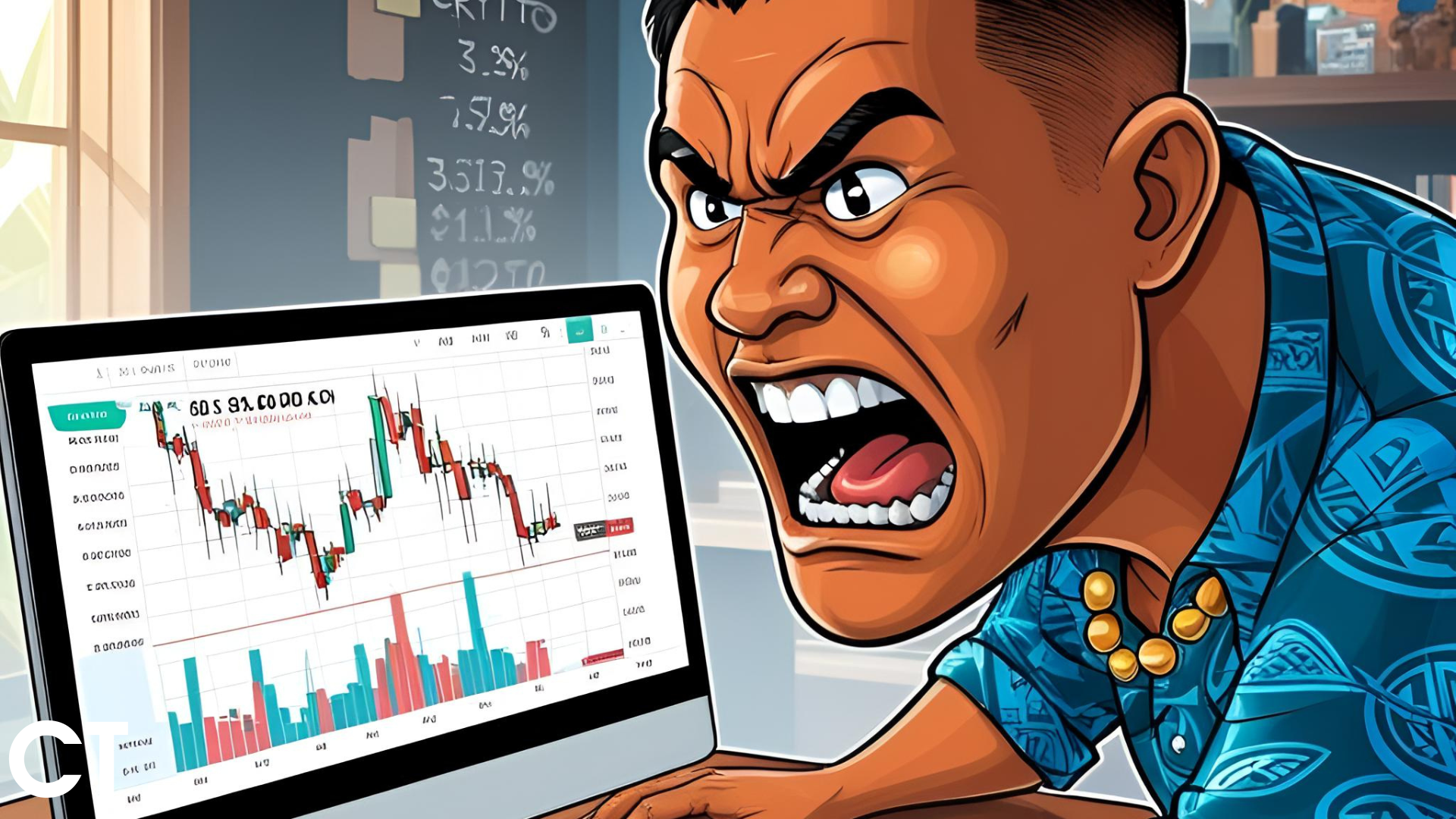3 Effective Ways to Stop Emotional Trading

Have you ever felt a wave of panic when the market starts dropping? Have you stared at your screen, frozen, unsure whether to buy, sell, or just close the tab and walk away? If so, then you've come to the right place. Today we're going to talk about how to deal with this sort of emotional trading. To begin, let's first understand the root of emotional trading.
There's actually a reason why it happens. You see, emotional trading is a survival instinct. Back in the day, our ancestors had to act quickly in the face of danger—fight or flight. That same system is still in our brains today. So when a trade goes against us, our brain reacts as if we’re in danger. Our heart rate goes up, our breathing changes, and we feel the urge to act quickly—often irrationally.
But here’s the thing: trading is not a life-or-death situation. It only feels that way because our brain doesn’t know the difference between a tiger and a red candle. That’s why it’s so easy to fall into the trap of fear, greed, and revenge trading.
Luckily, there are a few powerful ways to break free from this emotional cycle. Here are three practical tips to stop emotional trading. The first tip is to understand the concept of "The Trading Spotlight Effect."
Most traders think that every trade matters way more than it actually does. In reality, no single trade will define your success. But when emotions take over, it feels like the entire world is watching that one trade. Like it’s do or die. Recognizing this “spotlight effect” in trading can be a game changer. Remind yourself: no one cares about your trade but you. Zoom out. Think in terms of months and years—not hours and minutes.
This will help you stay grounded and avoid impulsive decisions. And just like in social situations, you can flip the spotlight and become a calm observer—someone who’s focused not on fear, but on facts.

The second tip is to use Cognitive Restructuring for Traders.
This is when you challenge the thoughts and beliefs that trigger your emotional reactions. For example, imagine you just took a small loss. Your mind might say, "I’m a terrible trader," or "I’ll never make it." But if you stop and question that thought, you’ll realize it’s not based on reality—it’s just a negative bias amplified by emotion.
Instead, remind yourself: "Losses are part of the game. I followed my plan. This trade doesn’t define me." The more often you practice catching and rewriting these thoughts, the more emotionally stable you’ll become. You can even write down the top five negative thoughts you usually have during trades—and come up with rational counter-thoughts ahead of time. That way, when emotions spike, you’re already prepared.
And finally, the third tip is Exposure Therapy for Trading.
The more you avoid taking trades or reviewing your losses because they feel uncomfortable, the worse your fear will become. But when you gradually face these situations, your brain starts to realize that they’re not threats. For example, if you feel anxiety placing a trade, start by entering with a small position size. Once you're comfortable with that, slowly increase the size over time.
Or if you panic after every loss, try deliberately reviewing your losing trades every week. Over time, your emotional reaction will shrink—and your confidence will grow.
You can even simulate stressful scenarios using a demo account: fast-moving markets, drawdowns, sudden reversals. The more familiar you become with these situations, the less power they’ll have over you.
I hope these three tips were helpful. Besides that, stay tuned.
